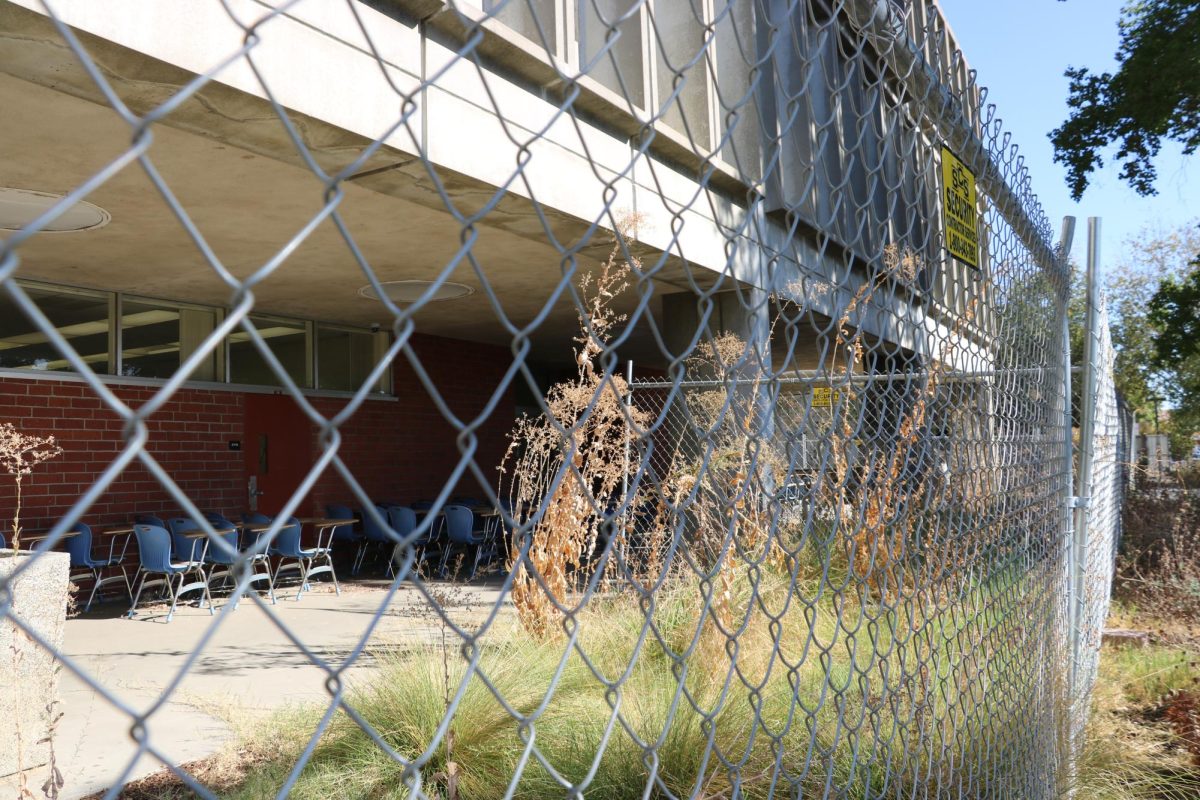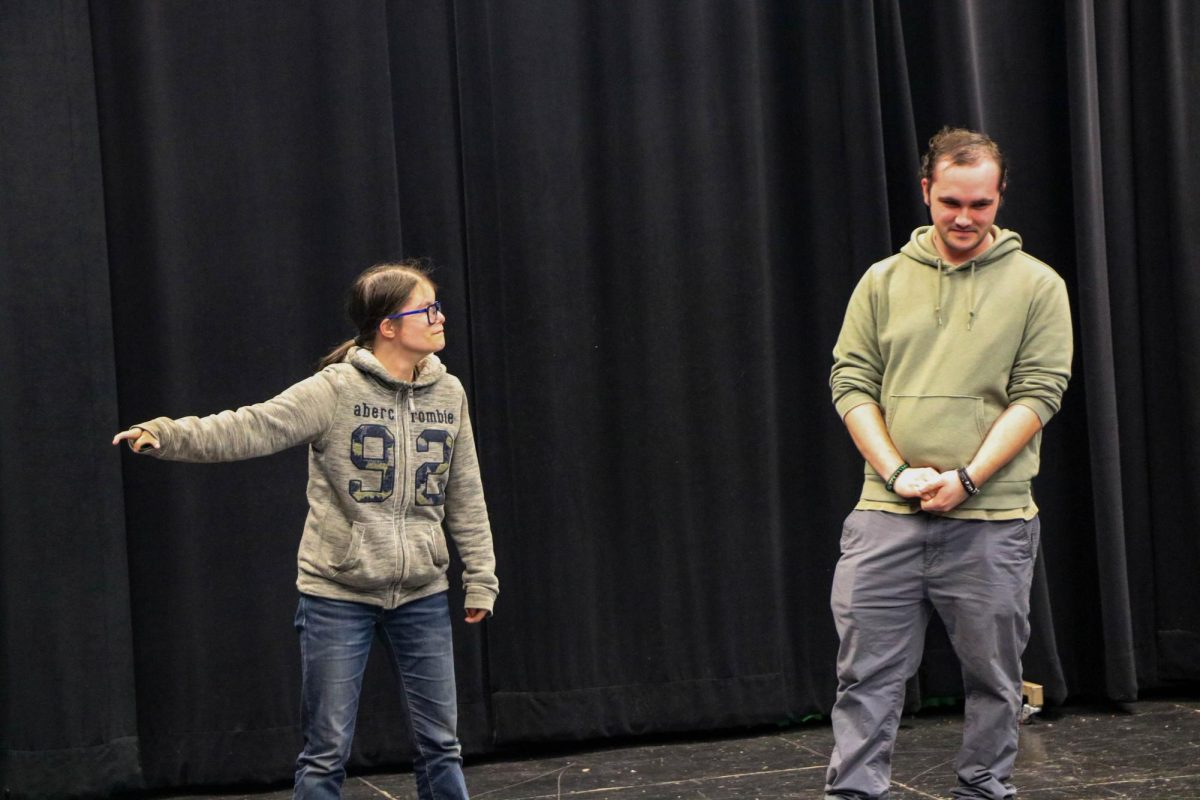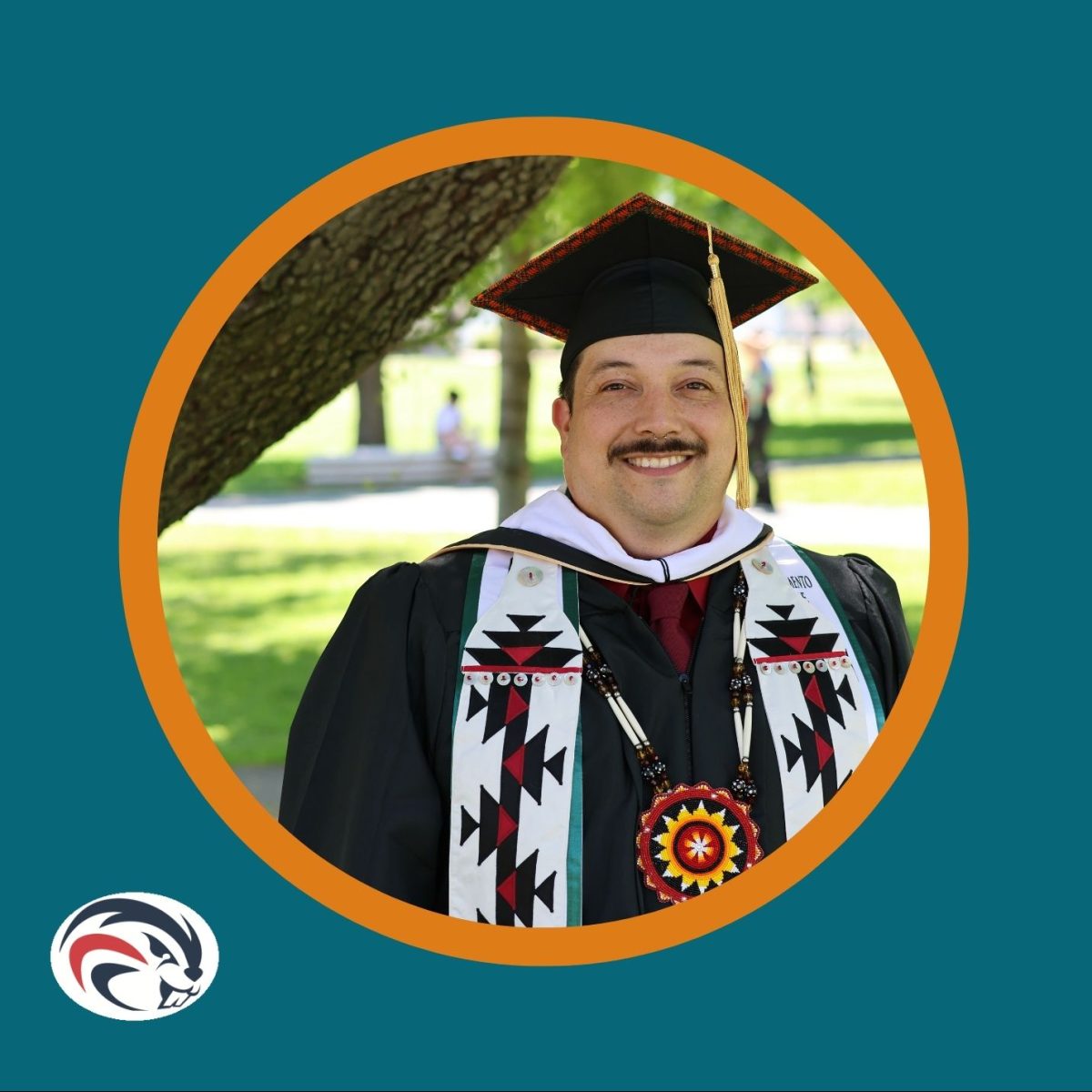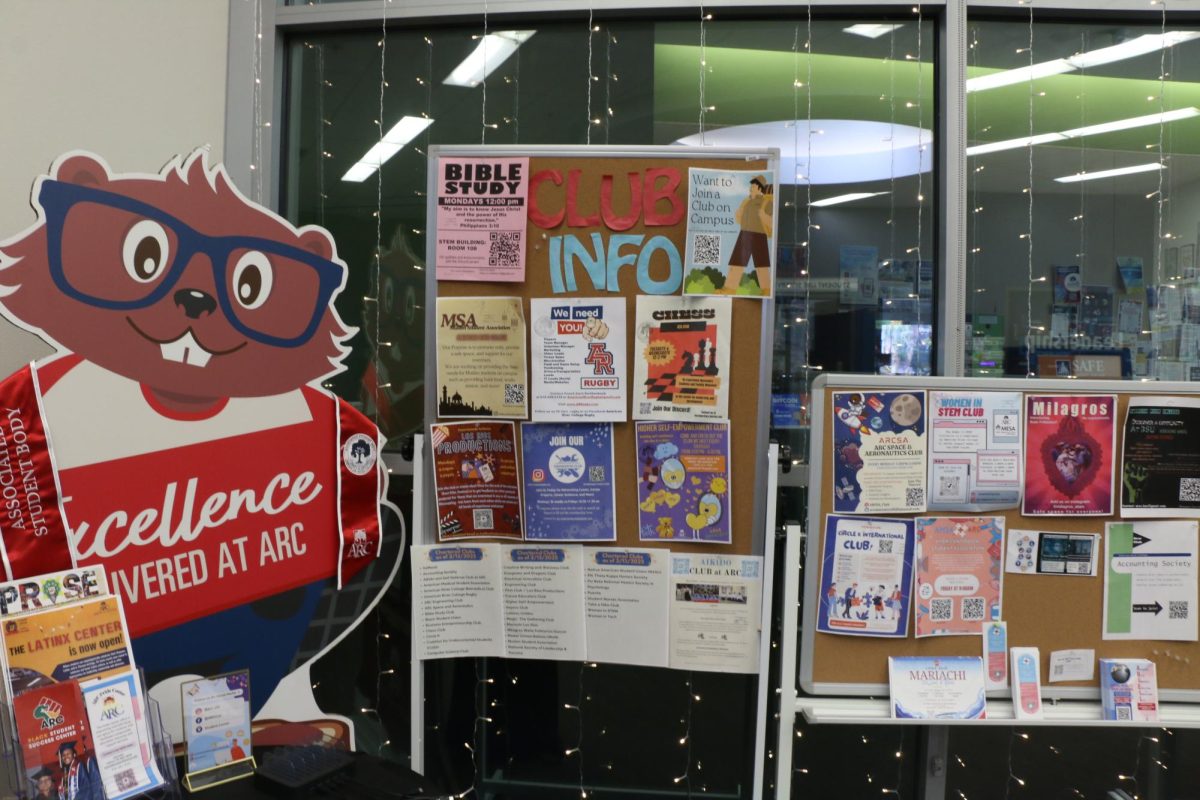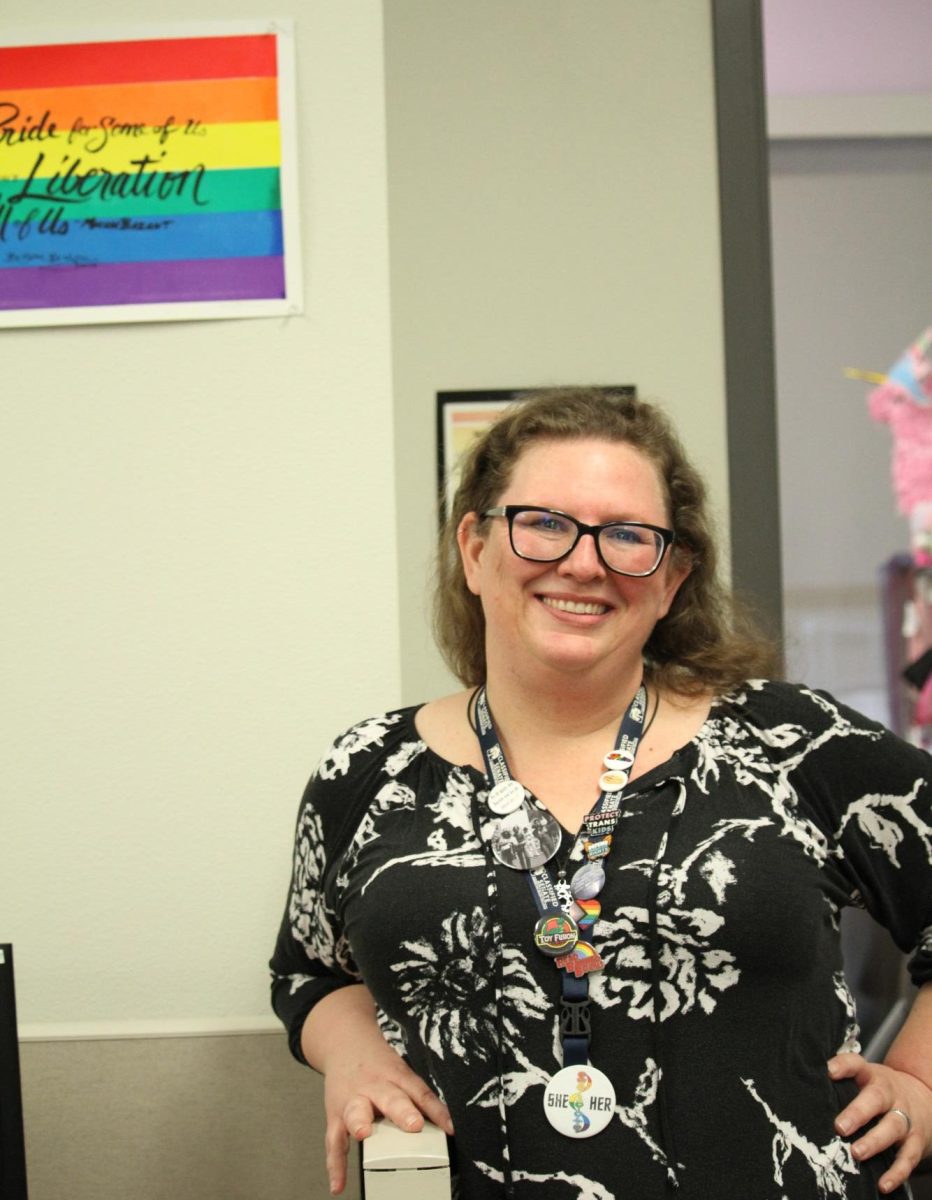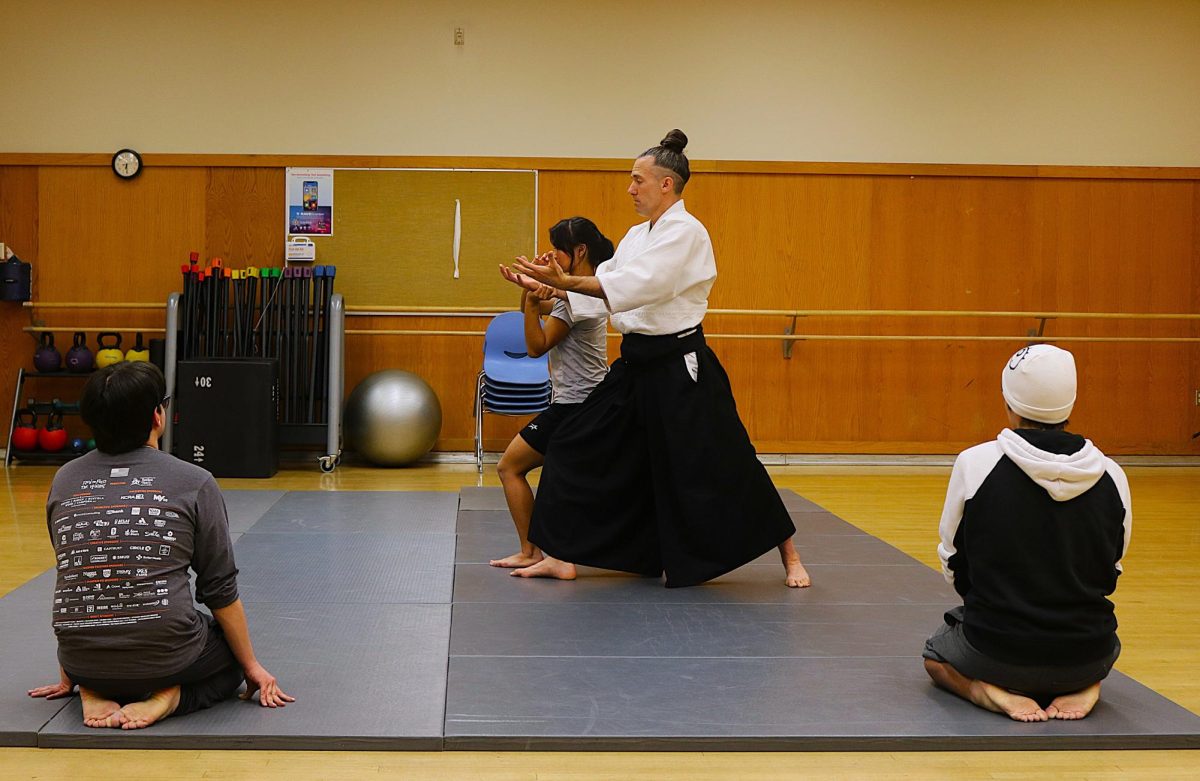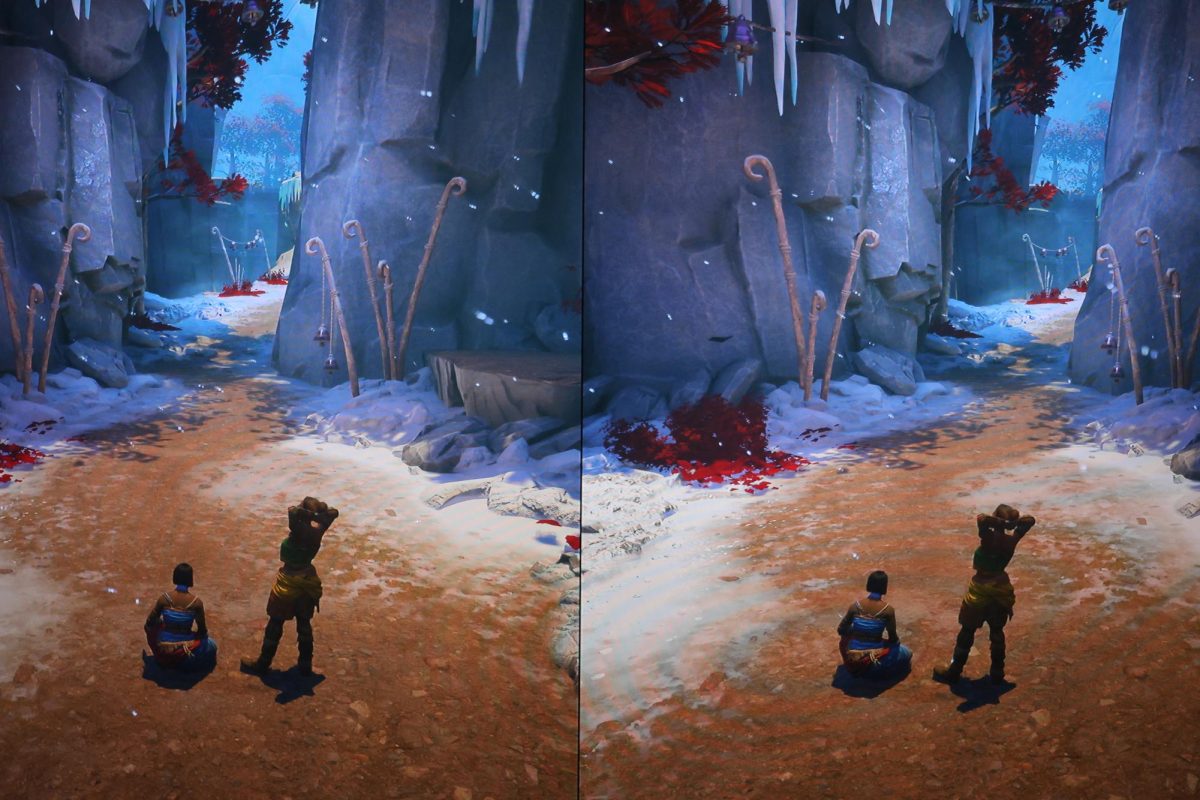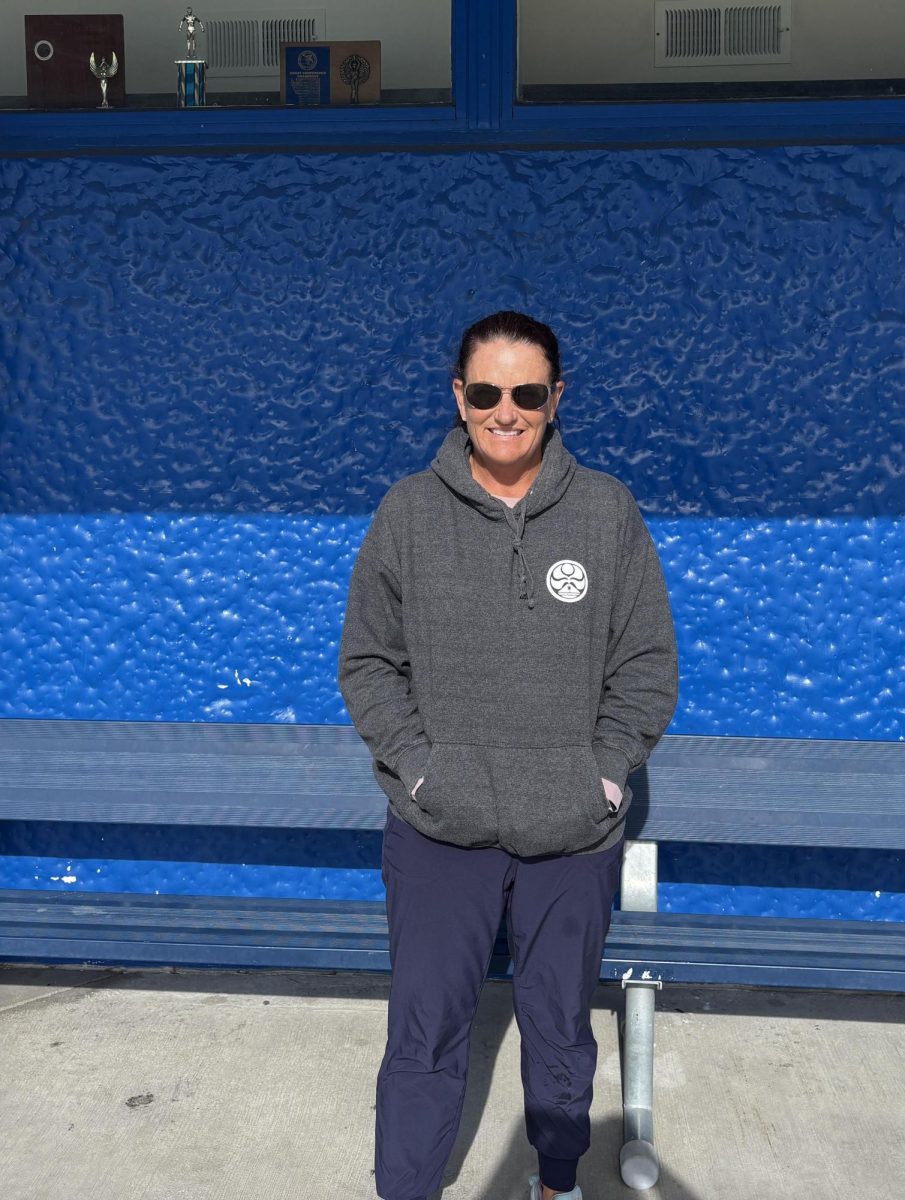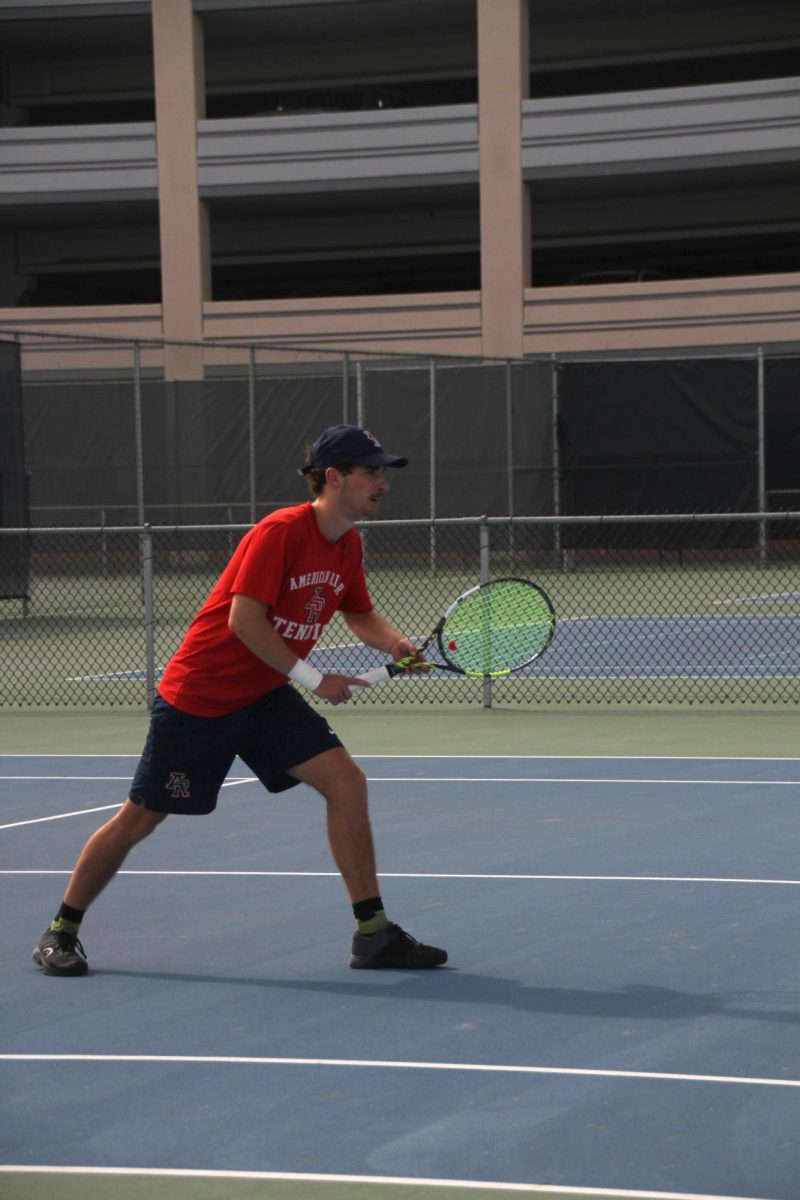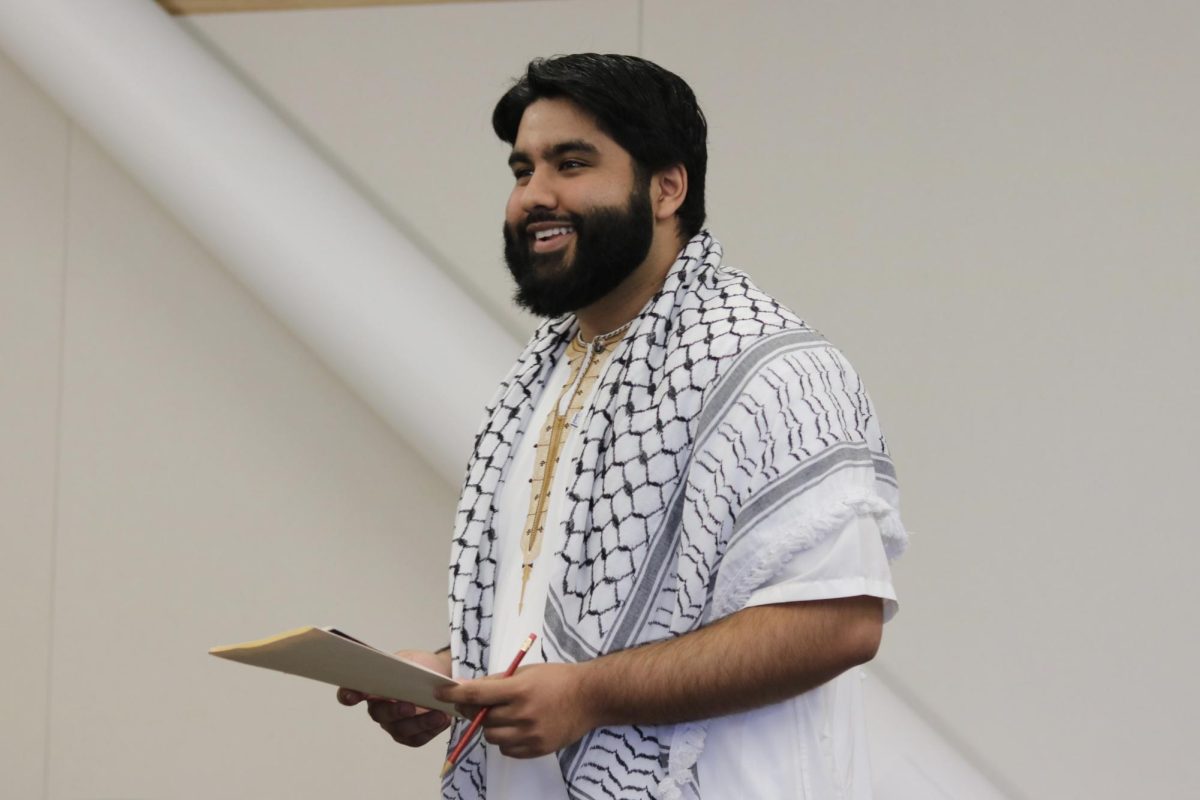American River College has changed immensely over the decades to meet the needs of students, faculty and the community. However, in its massive focus on technology and development, the ARC administration seems to have lost sight of social engagement. As a result, many faculty are still left displaced over a year after the Davies Hall closure, and students are often lost as to how to participate on campus.
The campus atmosphere has shifted significantly over the past four years, also in part due to COVID, with a noticeable decline in interactions among peers and professors, resulting in a distinctly different college experience. Behind the scenes of adaptation and growth, success appears to have become a slippery slope at ARC.
We need to see the ARC administration make a concerted effort to prioritize authentic human connection and meaningful community engagement. While working toward an innovative future, it must do it with consideration for the needs of each of its constituents.
The administration has placed a distinct focus on technology, driven by the race to construct the latest and greatest infrastructure. It has continued to embrace advanced technology, encourage virtual learning and is eager to construct new buildings on campus that are equipped with such tools.
While these developments are seemingly needed to allow ARC to keep up with the changing technological landscape, the ARC administration has been eager to accomplish them while leaving a path of chaos behind it.
The cyclone fences around Davies Hall seem eerily reminiscent of the fences that were once around the liberal arts building before it, too, got the boot in 2018. These buildings and their residents, professors and students were forced out and given inadequate replacement ideas. In the case of Davies Hall, the occupants were given less than 48 hours notice to evacuate.
Among the post-COVID lessons learned is the stark realization of the power and value of socialization. We are living with the consequences of overreliance on technology and must question this automatic inclination to keep building with little regard for actual human-focused methods and goals.
Authentic social and cultural engagement is vital for students to thrive outside of the classroom. Current learning strategies have failed many students, leaving them with inadequate communication skills and an excessive comfort of technology that they think can replace them in the classroom and on campus.
Students are struggling to engage and professors are encountering unprecedented levels of introversion. The continued efforts to focus on technology and digital resources have worsened the situation. Meanwhile, many faculty members are still dealing with resource and classroom space shortages due to the Davies Hall closure.
“We’ve worked diligently to find alternative spaces for affected students, staff, and faculty. Looking ahead, we’re actively pursuing emergency state funding to retrofit or replace Davies Hall,” said Taylor Toledo, ARC’s public information officer.
For Traci Gourdine, an English professor at ARC, a reasonable solution has not been found and is certainly not immediate.
“We are in emergency,” Gourdine said.
What were once fond memories of Davies Hall have now turned to resentment for a bitter ending.
Gourdine was hired in 1997, received tenure in 2005, and has been in the ARC English department ever since. Then, in September 2023, Gourdine was told she had eight hours to gather all of her things and leave her office along with the department she had known for 26 years.
“I came upstairs to teach a class at 10 o’clock and my dean was waiting at the top of the stairs,” Gourdine explained. “And she said, ‘Traci, as soon as you finish your class, you’re going to have to start packing up your office. You have to get out.”
Gourdine was barely able to gather her books, papers and a few things she had on the wall. She had to abandon her desk, her couch and even her colleagues.
There was nowhere for her or other faculty in the building to go. As of November 2024, there is still nowhere for them to go. Gourdine and many other professors who have been at ARC for decades have suddenly lost any actual, physical reason for being there.
The languages, anthropology, communications, history and English departments cannot hold the majority of their classes on campus because they do not have a classroom. Due to this, many professors have had no choice but to move their courses online.
Gourdine says she’s not sure if ARC is getting back to a sense of normalcy.
“I can only gauge that by professors who have their office and have their classrooms,” Gourdine said.
Gourdine teaches from a desk in her room and has the contents of her office in her garage.
“I have to go digging in the boxes to find stuff. It’s just annoying. So, no, it doesn’t feel normal to me,” she said.
It was her home, her life, completely disrupted. She called it an “academic diaspora”.
She misses the incredible creativity and collaboration that occurred between the departments once housed inside Davies Hall, and said that those connections have become completely lost.
“I don’t see my colleagues. I don’t run into them in the hallway. Maybe I’ll see somebody in the parking lot. We are like glorified adjuncts now. The bonding that was there is totally gone,” Gourdine said.
When Davies Hall was evacuated, many long-term professors in the English department chose to retire, according to Gourdine.
“We were teaching over chemistry lab sinks,” Gourdine said.
A professor’s career should not be defined by the lack of a teaching space. This represents a significant failure on ARC’s part to adequately support its faculty during a crisis.
From a broader perspective, there has been steady momentum to become a wider-reaching, more inclusive and cost-efficient campus. Over the years, ARC has carried out numerous changes with student success in mind. There has been the implementation of Zero Textbook Cost courses and Open Educational Resources that reduce the costs of course materials for students, an evolving curriculum that reflects students’ diverse perspectives and experiences, and newly developed resources that focus on the mental health and well-being of students and faculty.
Additionally, multiple plans have been put into place at ARC to protect the community from hate and discrimination, according to Taylor Toledo, ARC’s public information officer.
Yet despite this immense cultural and social progress, collaboration and connection at ARC are suffering. While rates of enrollment are beginning to return to pre-COVID levels, there is a notable difference in the way students choose to engage with the college.
“As of Fall 2024, 49% of students are enrolled in fully online courses, 51% are attending at least some of their classes on campus, with 16% exclusively enrolled in face-to-face courses,” Toledo said.
One positive change from COVID was the increased flexibility of school and work, allowing students to better manage their schedules. ARC evolved to provide students with access to education in ways that best fit their schedules and goals. However, this option for flexibility has proven a unique threat to social engagement when the majority of students have elected to stay home even when classes have been offered in-person for almost two years.
While it is clear that technology has improved access to education and allowed classes to continue during the pandemic, academic progress was only moderately achievable and opportunities for students to make connections were severely restricted.
As for the role professors can play in ARC’s social engagement issue, it is absurd to expect them to fulfill such a role when they aren’t equipped with the most fundamental tools such as a classroom. We cannot expect the ARC community to connect and engage without the right tools, especially in an era where advanced technology adds nuance and encourages virtual participation. As has been established, engaging through a screen is not the effective solution that the ARC administration believes it to be.
In Gourdine’s early years as a professor at ARC, technology was barely creeping onto the scene. There would be a couple of computers in a classroom, if any. The desks could be moved and formed into groups if needed.
 “Eventually we had two computer classrooms on the second floor of Davies Hall. Now, every classroom you go to has computer stations in it. The only drawback I find on that is the over-reliance on the tech,” Gourdine said.
“Eventually we had two computer classrooms on the second floor of Davies Hall. Now, every classroom you go to has computer stations in it. The only drawback I find on that is the over-reliance on the tech,” Gourdine said.
Students hide behind the computers and are often on their phones, and it isn’t possible to rearrange the classroom to make groups and gather together because everything is nailed down and permanent, according to Gourdine.
“I noticed that their ability to communicate and articulate is different, they are just sitting in a chair staring ahead or in their laps on the phone, but they’ve lost that sense that education is a conversation, is an interaction,” Gourdine said.
Gourdine explained that students have become so used to learning through a screen that simply getting them to come on campus is fantastic. She loves the diversity and variety of cultures and languages on the campus.
She noted how much she loves the growth of the learning communities, such as the LGBTQ communities, the African-American communities, the Pacific Islander and Asian communities.
“Those learning communities are really important so that those students get to learn their history, which they did not get in high school or in any other meaningful way. They get to learn the literature of their culture,” Gourdine said.
Gourdine says she yearns for the ARC community to take a renewed interest in the departments that were once located in Davies Hall, and for the campus environment to be as lively as it once was.
In the years since COVID and the rapid acceptance of advanced tools, ARC seems to lack a commitment to fostering authentic social engagement across all its departments and stakeholders. English professors are teaching over sinks in chemistry labs. Students in communications classes are giving their speeches in portable buildings filled with electrical equipment. Many professors are still forced to teach some of their courses online because they have nowhere on campus to hold in-person classes.
Multiple ARC faculty members have expressed disappointment and frustration about Davies Hall, according to a 2023 article from The Current.
It is unacceptable that ARC faculty and students have waited over a year for a reasonable substitution following the closure of Davies Hall.
Clearly, ARC is no stranger to growth and adaptation. It will continue to expand its reach and its impact. However, it must proceed and build with care for all of its stakeholders. Suddenly transferring classes online and digitizing learning materials is not the only solution. It is also proven not to be the most sustainable or healthy one.
The growing deficiency in students’ social skills, coupled with teachers’ lack of appropriate resources and support creates a critical barrier to fostering productive classroom environments that promote collaboration, communication and interpersonal development.
It is important that we see the ARC administration demonstrate more dedication to genuine human connection and community engagement. They must create a future where people, not just technology and development, are at the heart of our community.
Students as well cannot get too comfortable with the idea that technology can replace them. When possible, attending classes in person provides the most impactful educational experience. Not only does it build deeper connections with learning materials and peers, but social interactions are essential for overall well-being. As convenient as it is to engage virtually and superficially, like having AI write an essay or discussion post, students are robbing themselves of a much bigger opportunity than they realize.
As Gourdine said, education is about conversation and interaction. It needs genuine participation and connection to be truly effective.
Now more than ever, with so many digital tools at our disposal, ARC must carefully consider what it wants for the future of student engagement and social connection on campus.


